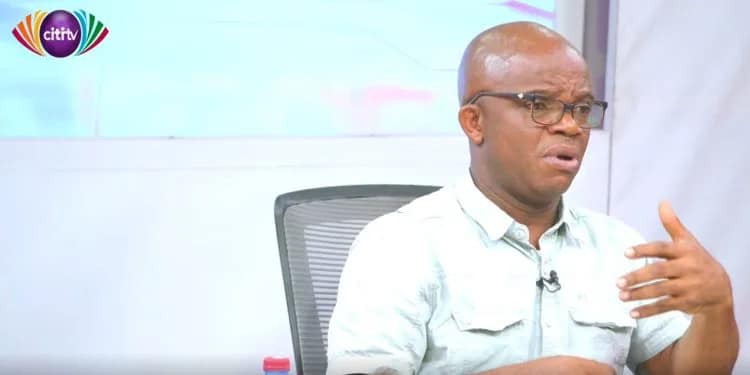In a recent development within Ghana’s New Patriotic Party (NPP), Stephen Amoah, the Member of Parliament (MP) for Nhyiaeso in the Ashanti Region, has issued a stern warning to the party’s leadership. He demands a public apology and retraction of allegations made against him in a report analyzing the NPP’s defeat in the 2024 general elections. Failure to do so, he asserts, will compel him to disclose the underlying reasons for the party’s electoral loss.
Allegations in the Report
The contentious report, prepared by the NPP’s executive caucus, scrutinizes factors contributing to the party’s poor performance in the Ashanti Region during the 2024 elections. Amoah contends that the report falsely accuses him of establishing an alternative campaign team, separate from the official party structure. He believes these claims are baseless and tarnish both his reputation and that of his constituency.
Amoah’s Ultimatum
Expressing his dissatisfaction, Amoah has called on the party’s leadership to issue a public apology and retract the allegations. He emphasizes that transparency is crucial and warns that if the leadership fails to address his concerns, he will publicly reveal the actual factors that led to the NPP’s defeat in the 2024 elections.
Context of the 2024 Election Loss
The NPP faced significant setbacks in the 2024 parliamentary elections, with several high-profile MPs losing their seats to the opposition National Democratic Congress (NDC). Notably, long-serving MP K.T. Hammond of Adansi Asokwa was unseated by the NDC’s Godwin Animli Dorgbadzi Dorani. Similarly, Ursula Owusu-Ekuful of Ablekuma West and Dakoa Newman of Okaikwei South were among the prominent NPP members who lost their seats.
NPP’s Response to the Electoral Defeat
In response to the electoral defeat, the NPP has established a committee to conduct a comprehensive review of the election results and internal dynamics that contributed to their loss. The committee’s mandate includes identifying key factors that led to the party’s defeat and examining critical decision-making processes within the party that may require reform.
Amoah’s ultimatum underscores the internal tensions within the NPP as it seeks to understand and address the causes of its electoral setbacks. The party’s approach to resolving these internal disputes will be pivotal in shaping its future strategies and cohesion.

